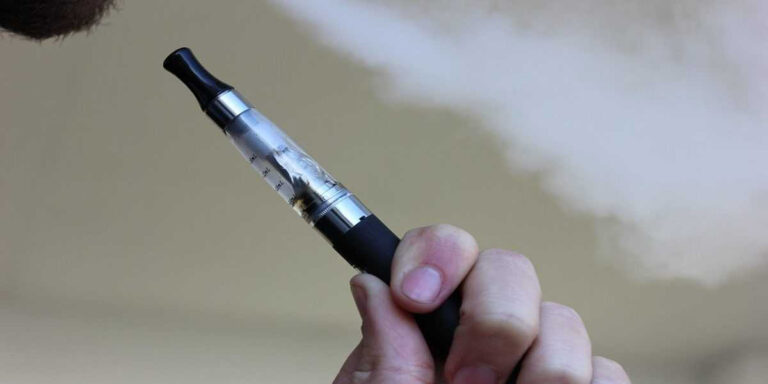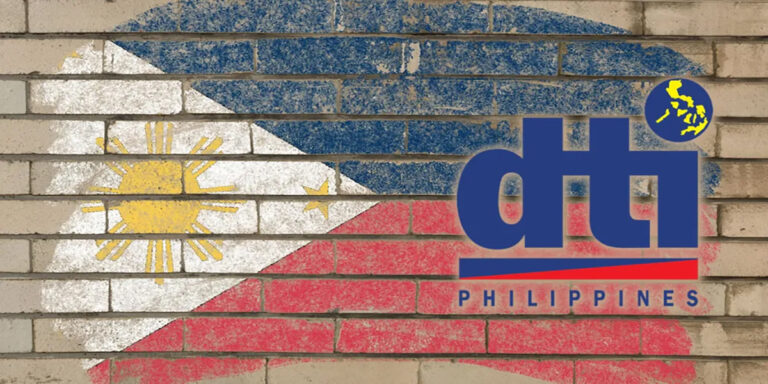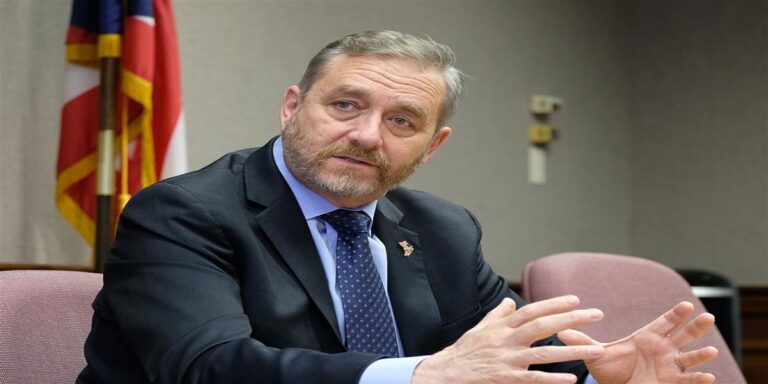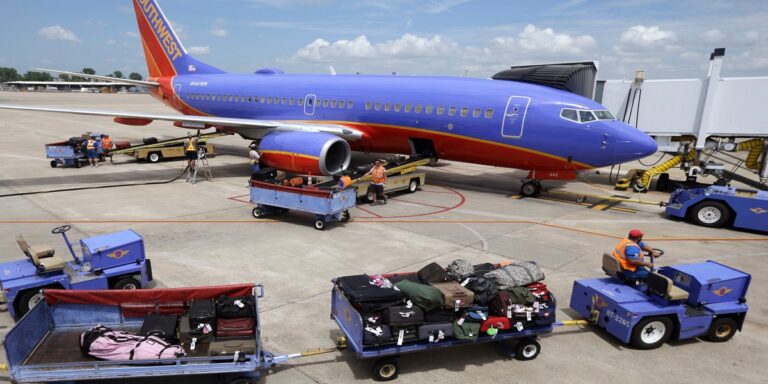On July 30, 2024, allegations emerged against the Philippine Bureau of Customs (BoC) regarding the potential reselling of seized e-cigarette products. The non-governmental organization Citizens Crime Watch (CCW) has called for the President to address these corruption concerns and ensure transparency within the BoC.
Details of the Allegations
Custodial Order and Unauthorized Actions
The CCW has accused the Customs Intelligence and Investigation Service – Intellectual Property Rights Division (CIIS-IPRD) and the Manila Port Collector of issuing a custodial order to a frequently used destruction facility without proper authorization from the Customs Commissioner’s office. This order involved e-cigarette products valued at PHP 500 million.
Suspected Resale or Reuse
Reports suggest that these e-cigarette products were reused or sold without the Customs Commissioner’s knowledge. The CCW has called for a new inventory by the Customs Bureau to verify if the seized products are still in storage, raising concerns about potential corruption and opaque operations within the BoC.
Broader Concerns and Recent Seizures
Counterfeit Products in Binondo
The CCW also expressed concerns that counterfeit products worth PHP 11 billion, recently seized in the Binondo district of Manila, might be subject to similar misuse. Last week, authorities conducted a large-scale operation in Binondo, seizing PHP 11 billion worth of counterfeit products, primarily luxury goods.
Impact on Public Trust
These allegations and concerns about the potential reuse or resale of seized products highlight significant issues within the BoC, impacting public trust and confidence in the agency’s operations and integrity.
Calls for Investigation and Transparency
CCW’s Demands
Diego Magpantay, National Chairman of the CCW, urged the President to address corruption within the BoC and called for an anti-corruption investigation. The CCW emphasizes the need for transparency and accountability to prevent misuse of seized products and ensure that such items are properly destroyed.
Necessity for Inventory Verification
The CCW’s demand for a new inventory by the Customs Bureau aims to verify the status of seized products and ensure that they are not being improperly reused or resold. This measure is crucial for restoring public trust and ensuring the proper handling of confiscated goods.
Implications for Anti-Corruption Efforts
Enhanced Oversight and Accountability
The allegations against the BoC underscore the need for enhanced oversight and accountability within the agency. Implementing stricter controls and transparent procedures for handling seized goods can help prevent corruption and misuse.
Reforms and Policy Adjustments
Addressing these concerns may require reforms and policy adjustments within the BoC to improve transparency and ensure that all actions are properly authorized and monitored. These changes are essential for maintaining the integrity of customs operations and public confidence.
Comparative Analysis: Global Practices
International Standards for Seized Goods
Many countries implement strict procedures and transparent processes for handling seized goods to prevent corruption and misuse. The Philippines can learn from these international standards to strengthen its customs operations and anti-corruption measures.
Lessons from Other Nations
Countries with effective customs practices often have robust oversight mechanisms and transparent reporting systems. By adopting similar practices, the Philippines can enhance its efforts to combat corruption and ensure the proper handling of seized goods.
Conclusion
The allegations against the Philippine Bureau of Customs regarding the potential reselling of seized e-cigarette products highlight significant concerns about corruption and transparency. Addressing these issues requires enhanced oversight, strict enforcement of regulations, and continuous monitoring. By implementing these measures and engaging stakeholders, the Philippines can strengthen its anti-corruption efforts and restore public trust in its customs operations.
FAQs
What are the recent allegations against the Philippine Bureau of Customs?
The BoC is accused of potentially reselling seized e-cigarette products without proper authorization and transparency, raising concerns about corruption.
What actions has the CCW called for in response to these allegations?
The CCW has urged the President to address corruption within the BoC and called for a new inventory to verify if seized products are still in storage.
What broader concerns does the CCW have regarding counterfeit products?
The CCW expressed concerns that counterfeit products recently seized in Binondo might also be subject to misuse, emphasizing the need for strict controls and transparency.
What measures can be taken to improve oversight and accountability within the BoC?
Enhanced oversight, transparent procedures, and strict enforcement of regulations are crucial for preventing corruption and ensuring the proper handling of seized goods.
How can international standards help improve customs practices in the Philippines?
Adopting international standards for handling seized goods can strengthen customs operations and anti-corruption measures, ensuring transparency and accountability.


















